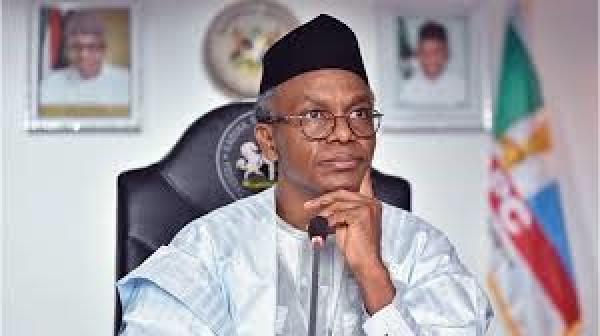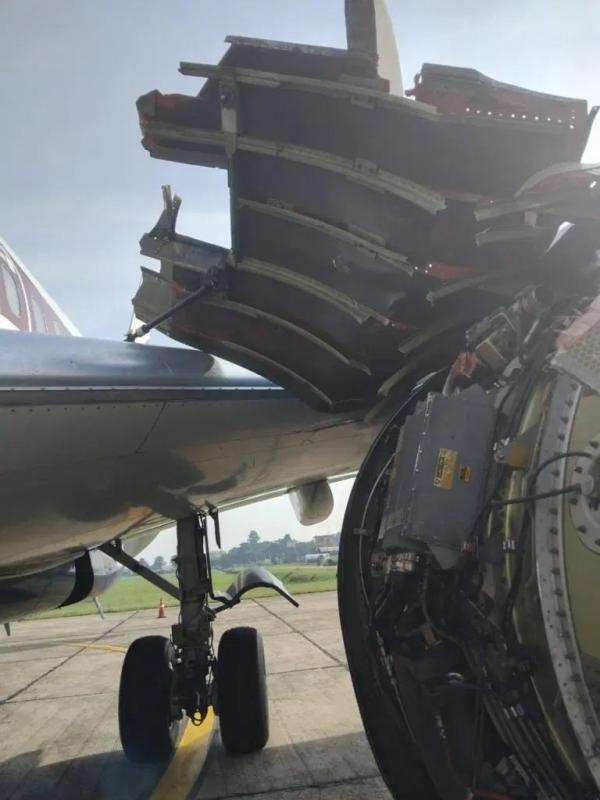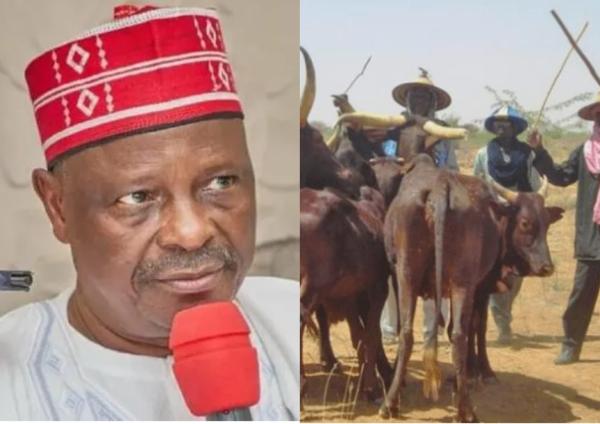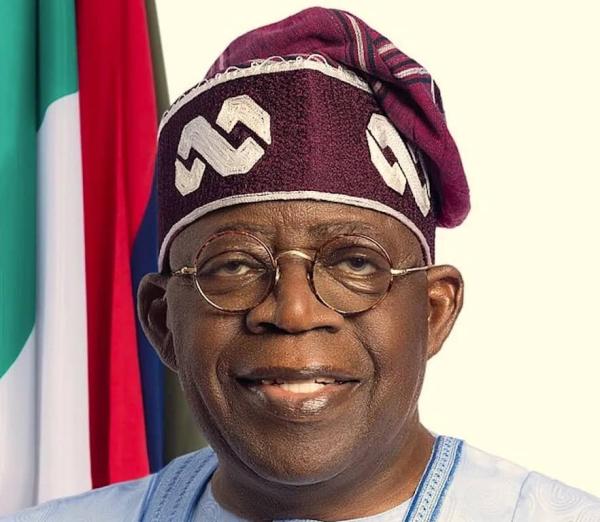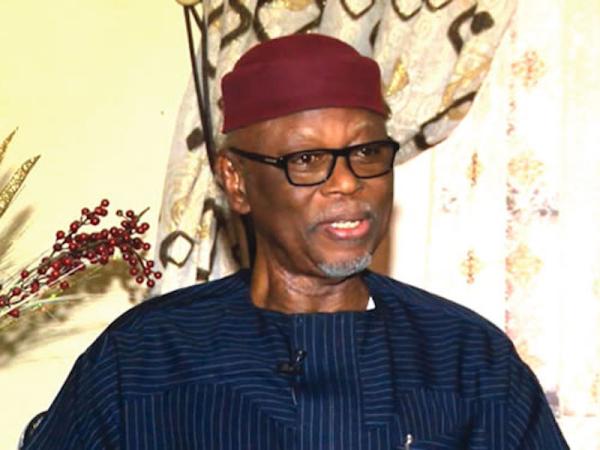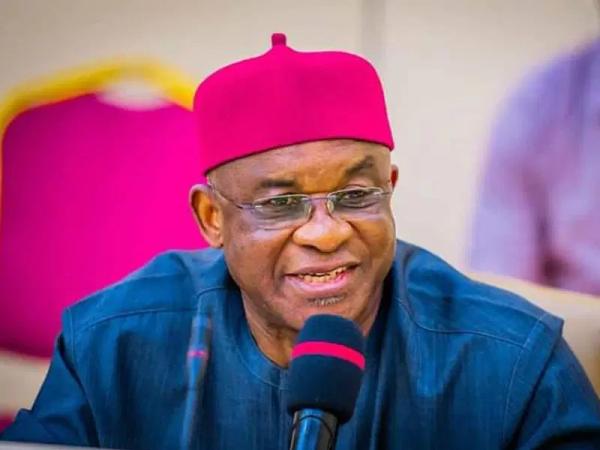
Many countries have long recognised the socio-economic importance of relieving pain in their populations. Low back pain is the cause of major disability, work absenteeism and lost productivity in most countries. Nigeria is no different. Pain related disorders that have lingered longer than three to four months become a serious determinant of quality of life. Depression sets in; relationships at work, with family and friends take on new dynamics. Whatever contribution the pain sufferer made to society starts to shrink.
The patient may begin to feel a burden to society or a castaway from society. It need not be so. As far back as 1999, pain was accorded the position of “5th Vital Sign”. That is, when a nurse checks the temperature, blood pressure, heart rate, and respiratory rate periodically, the nurse must also assess the patient’s level of pain. Today, in Nigeria, there is a paucity of truly trained pain specialists. There are a number of Nigerian doctors who have specialised in the Pain Medicine but who continue practice in the UK and the USA where it is lucrative and full of job satisfaction. Training and education in Pain
Medicine has to be incorporated in undergraduate and postgraduate medical, nursing and pharmaceutical schools. The West African College of Surgeons has only recently added this subspecialty to its postgraduate education programme. A few months ago the World Federation of Societies of Anesthesiology (WFSA) listed Pain Medicine, Obstetrics, Paediatrics and Intensive Care as areas in which it would support Fellowship Training programs in Nigeria. I trained in such a programme at Emory University in Atlanta in 1996.
The Nigeria Society of Anaesthetists (NSA) is a respected member of the WFSA. It will be holding the 2017 World Congress of this esteemed body next year in Abuja. Hopefully, our own Pain Fellowship programme should (must) be up and running by then! Government also has a significant role to play in the alleviation of pain and suffering in Nigerians. The Federal Ministry of Health (FMOH) is currently the ONLY purchaser and importer of strong pain medicines into Nigeria. Through NAFDAC, the FMOH also distributes, regulates and monitors these medications in Nigeria. The current system is fraught with problems.
Apparently, the medications (opioids) are under-requested from the FMOH stores. Many expire and are discarded. On the other hand, doctors and pharmacists, complain that the ordering process is cumbersome and complex. NAFDAC also has the tough challenge of curbing diversion, misuse and abuse of these drugs. This is a tough challenge indeed considering the illegal importation routes and the fact that these very strong medications have been found in the possession of criminal elements of the society. Monitoring and regulation is a problem in the USA as well. But the drugs are still available for physicians to prescribe and for patients to use.
Stakeholders (doctors, pharmacists and patients) are currently being consulted so as to design a workable model, framed on the US system, for Nigeria. While the FG can remain the sole purchaser and importer, the distribution and monitoring can be decentralized and digitalized. “To patients afflicted with chronic pain and cancer patients, these drugs are literally “lifesaving”. Despite serious side effects which the body gets used to, the drugs permit the pain sufferer some appreciable activities of daily living (ADLs).
Nurses have a role to play as well. They have the maximum contact with the patient. Have they accepted pain as the 5th vital sign? Do they respond promptly and compassionately to analgesic needs of their patients? Do they undergo the necessary training on administration and side effects of these drugs? Do they pre count, post count, crosscheck and countersign morphine, fentanyl and other opioids they administer?
Even patients themselves have a role to play in the relief of their pain and suffering. Patients must be compliant with treatment, report for regular follow-up appointments, and desist from “doctor shopping”, locally and abroad. Patients can form a strong lobby group. I have treated some who have potentially influential connections in the legislative, judiciary and executive arms of Government. Together we can alleviate chronic pain, cancer pain and associated suffering in Nigerians.
Source: Vanguard












